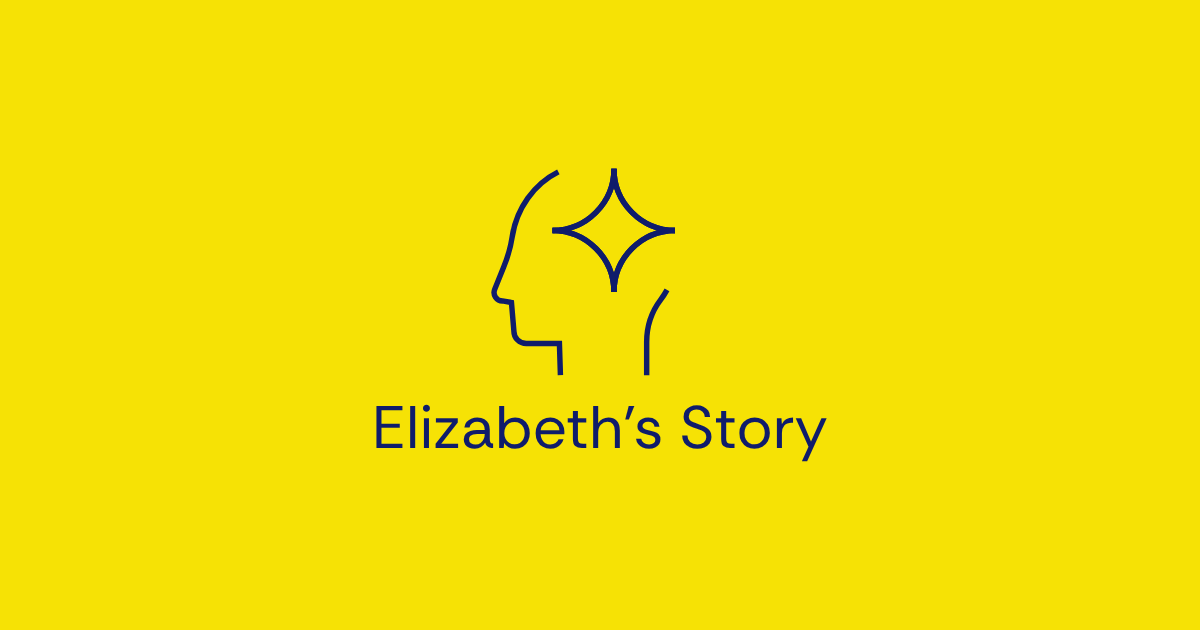
Elizabeth was the invisible glue holding her team together — but her strength had become her ceiling. Her Identity Blindspot kept her small, equating visibility with ego. Through Blindspotting coaching, she rewrote her story, discovering that leadership isn’t about being indispensable — it’s about being seen.
“I’m the invisible glue.”
That’s how Elizabeth described herself in her first coaching session.
She wasn’t exaggerating. She was the person who held everything together — anticipating problems before they surfaced, smoothing conflict, and making sure her boss’s life ran seamlessly.
She prided herself on it. Her team relied on it. Her company quietly depended on it.
But when leadership roles opened up, Elizabeth’s name was never mentioned.
Her performance was flawless. Her potential … invisible.
What she didn’t realize was that the very story she’d built her success on — I’m the one who holds things together — had become the ceiling that kept her from rising.
Elizabeth’s Identity Blindspot was hiding in plain sight. She saw herself as the helper, not the leader.
Her humility, once a strength, had turned into self-erasure. She deflected credit. Softened her voice. Smiled through frustration. She made others look good but never let herself be seen.
In her mind, ambition felt like arrogance. Visibility felt like ego. So she stayed small, all under the noble banner of being a “team player.”
But what she couldn’t see was how her identity had fossilized. The story that once earned her trust had quietly trapped her in a role she’d outgrown.
Read more about The Identity Blindspot.
In her first few Blindspotting sessions, Elizabeth’s coach didn’t start with goals or performance metrics.
They started with story.
“Who have you been,” the coach asked, “that you no longer need to be?”
The question stopped her cold.
They explored her early career — where she’d learned that reliability earned approval. They unpacked the subtle beliefs woven into her success:
Each belief had once been true. None were serving her now.
Over time, Elizabeth began to test new behaviors — small, deliberate shifts that challenged her self-concept.
She volunteered to lead a cross-functional project.
She attached her name to solutions she’d previously credited to “the team.”
She practiced saying “no” when she was overloaded.
They weren’t massive moves. But they were symbolic ones — visible proof that she was rewriting her own narrative.
Six months later, Elizabeth’s boss invited her into a new strategy meeting. “You’ve got the best view of how things actually work here,” he said.
That one sentence changed everything.
She hadn’t become louder or more aggressive. She’d simply stepped into ownership of her perspective.
People began turning to her for guidance — not as a fixer, but as a leader.
When she later reflected on her transformation, she said:
“I thought leadership meant taking care of everyone else. I didn’t realize it also meant taking responsibility for myself.”
Many leaders plateau not because they’ve failed, but because they’ve outgrown their own identity.
The traits that make you indispensable early in your career — reliability, selflessness, loyalty — can quietly make you invisible later.
Blindspotting helps leaders notice when a strength has stopped serving them, and build the awareness to evolve without losing their authenticity.
Elizabeth didn’t need a new title or personality.
She needed a new story — one where visibility wasn’t vanity, but stewardship.
The stories that once earn us trust can quietly become the ones that hold us back.
Awareness is what turns them into our next chapter.
Curious what blindspots might be limiting your own growth?
Take the Blindspotting Assessment
Explore Coaching for Emerging Leaders
Blindspotting → Identity → Behaviors → Traits → Intellect → Emotion → Motive →









